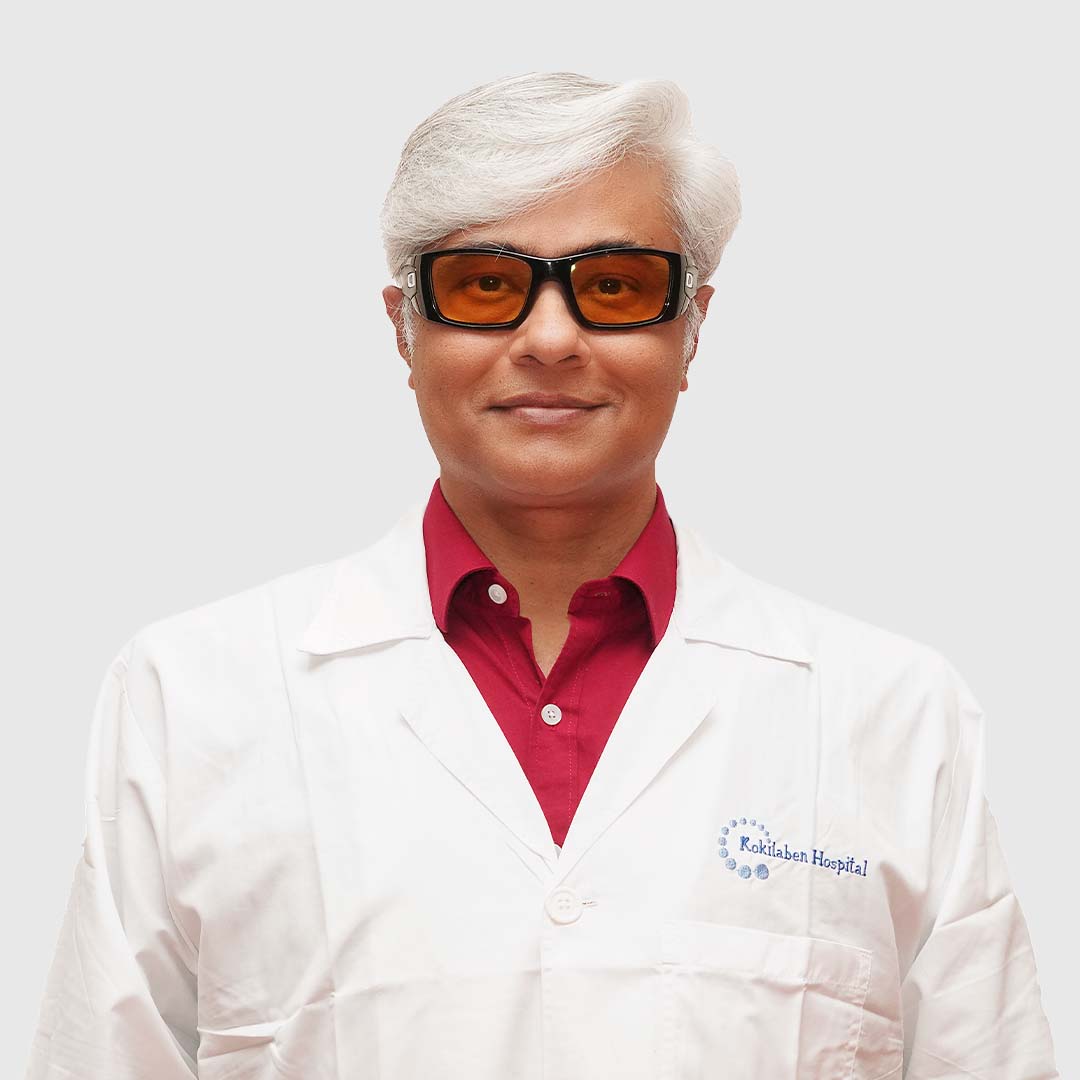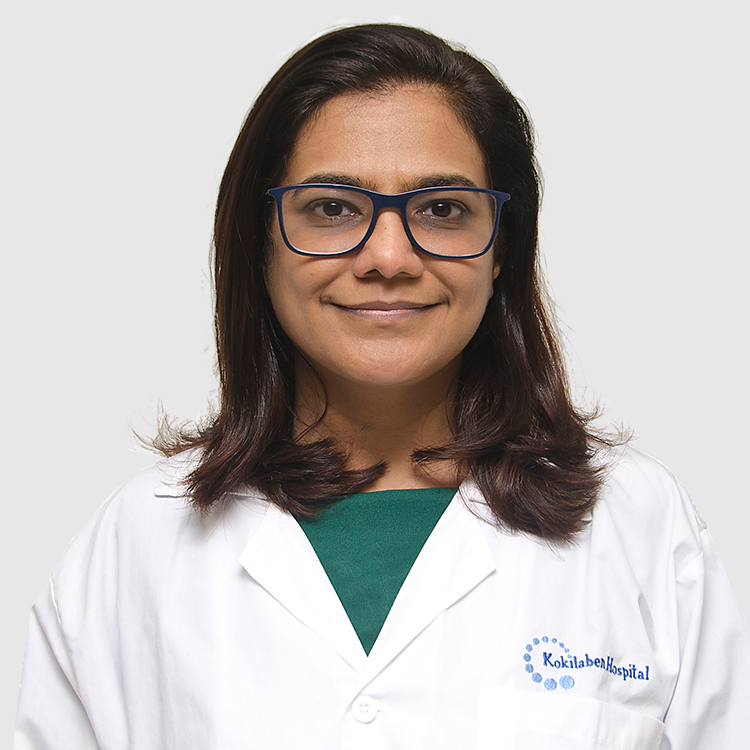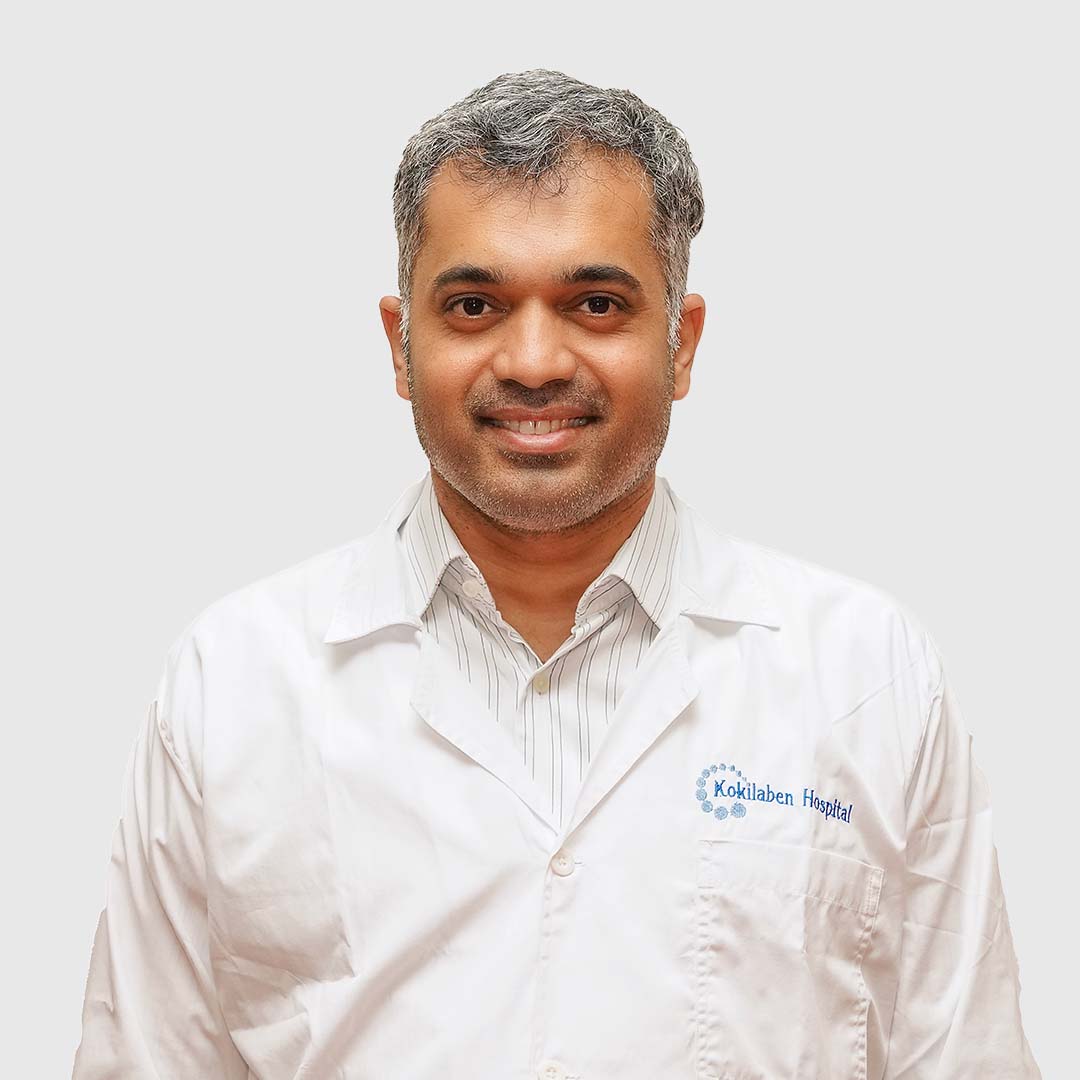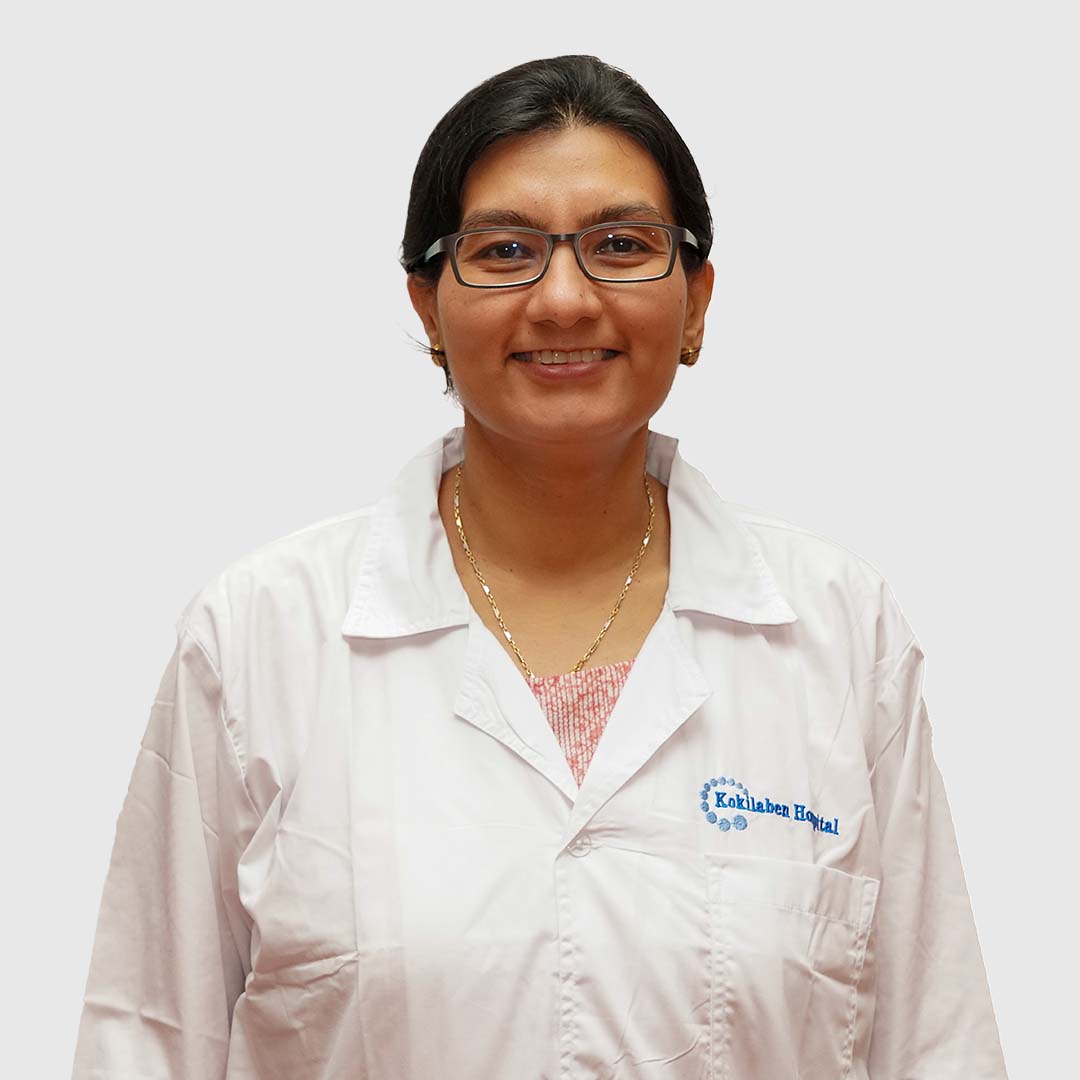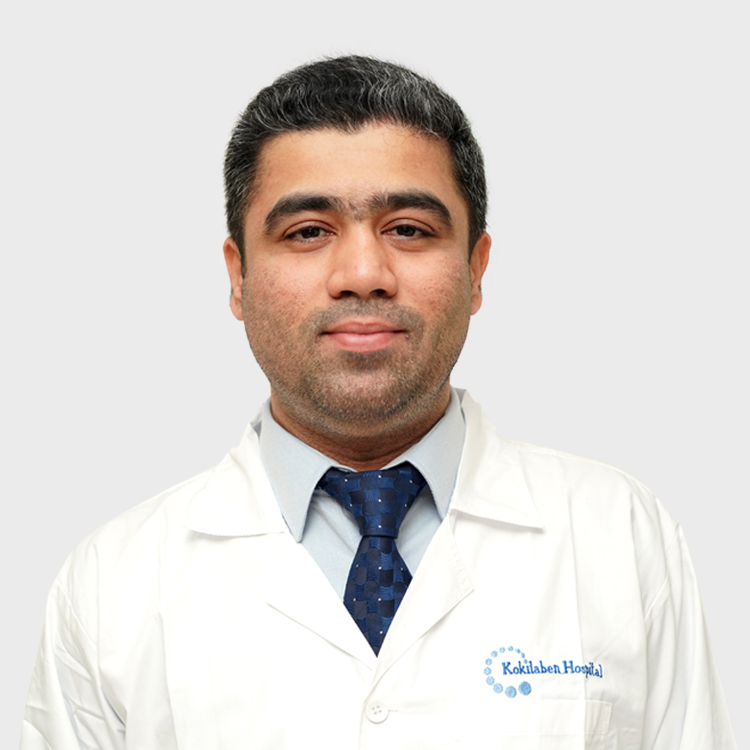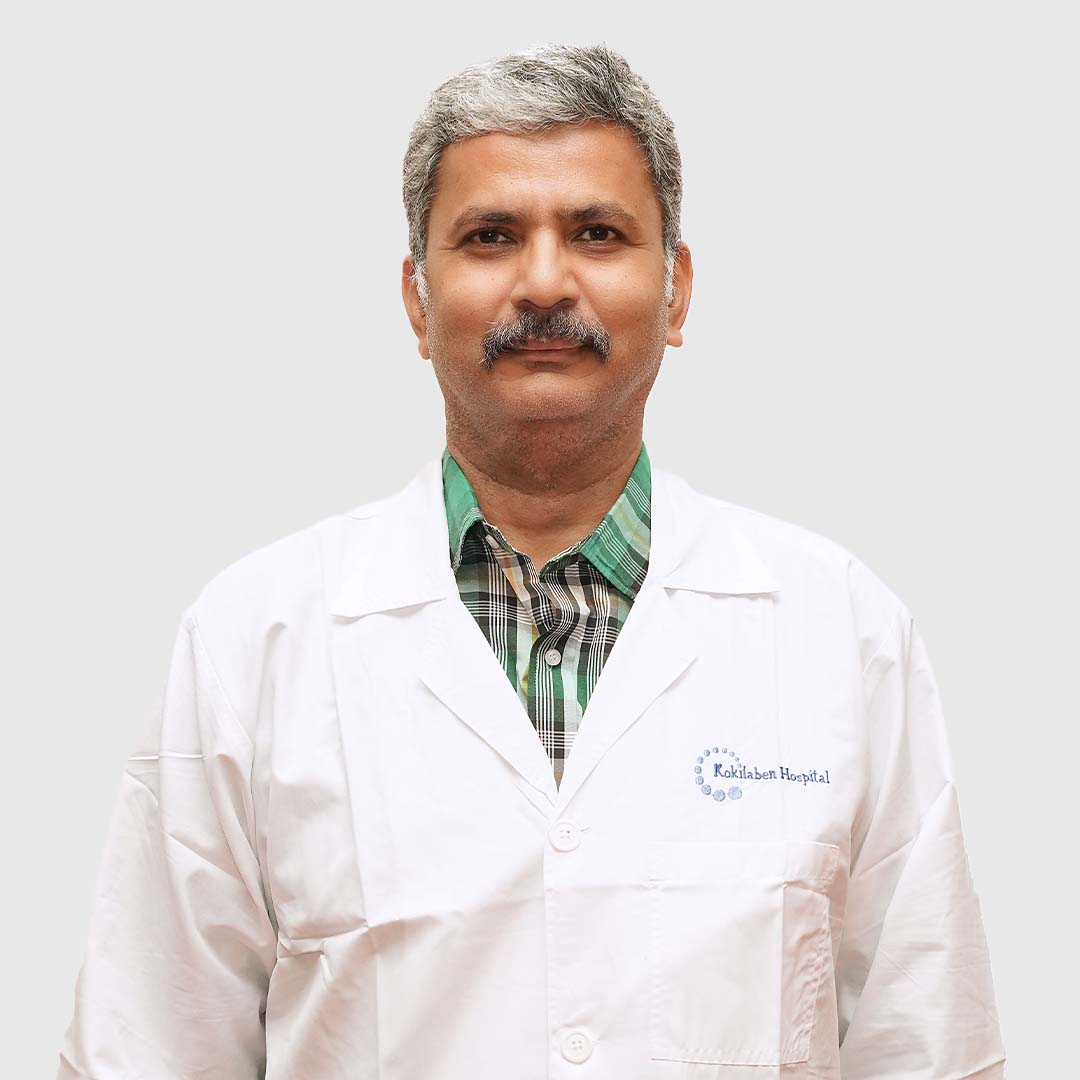If your treating specialist/family doctor or a family member/friend suggested ECMO as treatment modality, you must know about the basic aspects of this therapy:
- What is ECMO?
- When ECMO is advocated?
- Consent?
- What happens during ECMO?
- When to discontinue ECMO?
- How to review after ECMO?
ECMO
- ECMO (Extracorporeal Membrane Oxygenation) is a Temporary Life Support System for patients with Critical Life Threatening Heart & Lung Dysfunction.
- Such Critical Life Threatening Dysfunction can be due to several reasons. Eg. Severe Disseminated Infection (Septicaemia) that damages lungs leading to ARDS. (A life-threatening condition), when the lungs are unable to oxygenate blood that provides adequate oxygen to vital organs.
- The ECMO equipment temporarily performs the function of Heart & Lungs, giving time for their healing.
- To start ECMO, we insert two tubes (cannulas) into two large (Veins/Vein-Artery/Vein-Vein Artery.) & place them near your Heart. Blood is pumped from one tube through an Artificial Lung, where oxygen is added and carbon dioxide is withdrawn. This oxygen-rich blood is then pushed back into the blood stream through the other tube, which could be a Vein or Artery.
When to provide ECMO Therapy
ECMO is recommended in seriously ill patients having critical life threatening Heart & Lung Failure, who do not respond to otherwise effective management methods.
- It is an effective management method and can be a life saving measure when initiated timely.
- ECMO is only used if a patient meets the criteria & the ECMO Consultant is convinced.
- Patient is suffering from a life threatening Heart & Lung failure which without this life supports system, may culminate in death hence left with the only option.
- Are there any other treatment options? There are no other effective treatment modalities as options to ECMO, when all other cardiac or ventilator supports fail. It is decided to put patient on ECMO.
- Patient having ECMO usually has longer stay in Intensive Care Unit. They need further stay in the hospital to continue recovery. This takes weeks or even months.
Consent after Counselling
When a patient is to be put on ECMO, a medical consent is mandatory legally and ethically. But most of the times the patient maybe unconscious (obviously not able to give consent, ) then on behalf of the patient , a close Family member (preferably blood relation) consent is obtained only after detailed counselling by the ECMO Consultant.
What happens on ECMO
- We put Two or Three large tubes in the groin or neck.
- The blood is then taken out of the body, passed through a Mechanical Blood Pump & Membrane Oxygenator (Artificial Lung) and returned to the body.
- We give blood thinning medicines to prevent blood clotting in the tubes.
- ECMO is a continuous therapy.
- Average time that patient spends on ECMO is around two to three weeks, but it can be much longer (even in months).
- We give the patient powerful painkillers & sedatives during ECMO. We use local anaesthesia for any kind of procedures.
Risks of ECMO Therapy
On ECMO, we put large tubes near the heart. The blood must be thinned to avoid clot formation. As with any other treatment, ECMO does have complications, some of them are listed below:
- Bleeding(e.g.brain)
- Clotting in large blood vessels
- Stroke
- Brain damage
- Damage to the Blood Vessels
- Limb Ischemia
- Infection
When to Discontinue ECMO
- When the Heart or Lungs have recovered enough to go off ECMO support.
- ECMO is then gradually weaned off and Discontinued with removal of Tubes.
What Happens to a Patient on ECMO
- Being seriously ill with Heart/Lung Failure that did not respond to other methods, ECMO Therapy was provided.
- The Intensive Care Unit staff looked after the patient and gave powerful painkillers and sedatives.
- Patient may not recollect anything that happened while on ECMO.
- If any concerns about health on ECMO, please do not hesitate in speaking to ECMO Consultant for solutions to any of the queries.
- Patient had a breathing tube through mouth or in front of the throat (tracheostomy).
- Patient might have a hoarse voice or breathing problems because windpipe (trachea) has become narrow.
- We used strong blood-thinning medicines to allow blood to run through the ECMO machine.
- Patient might have bled as a result of this and probably had a blood transfusion (blood from some donor).
Post ECMO Effects
- After having severe respiratory failure, patient’s breathing can take more than one year to return to normal.
- Patients are likely to have exercise induced breathlessness, even on activities of daily life and might also keep coughing.
- These symptoms would improve with time, if not improving please get in touch with your ECMO Consultant.
- Hoarseness, throat might feel itchy, hoarseness might get better with time. If these symptoms continue, please get in touch with your ECMO Consultant.
- Scars seen over groin or neck, where tubes were put in to pass blood through ECMO machine.
- The scars become less prominent with time.
- If patient is concerned about aesthetic issue please get in touch with your ECMO Consultant.
- Some patients may develop lumps, showing pulsations when a blood vessel wall is damaged, causing leaked blood to accumulate in the surrounding tissue, Please get in touch with your ECMO Consultant.
- If there is bleeding in the brain, patient might have symptoms of stroke.
- As patient on ECMO have been so unwell, conditions affecting the mood like depression are common symptoms.
- Some patients also experience flashbacks, which can be disturbing.
- Flashbacks occur when you re-experience certain events as if they are real or happening right now. This is called post- traumatic stress disorder (PTSD).
- When patient was on ECMO, they have stayed in bed for a long time.
- Although they were on a special bed, they might have damage to an area of skin caused by constant pressure on it, many pressure sores need special dressings, but they usually heal with time, Sometimes, patient need surgery to treat them, please get in touch with your ECMO Consultant.
- Patients are also likely to need rehabilitation because of muscle weakness.
- This is very common and can take years to improve.
- Other problems, such as changes in taste, are common after critical illness. They usually improve with time.
Appointments for Periodic Reviews
- Till 6 months after discharge, patient should regularly follow up with us so that we can assess your health & review if any medications or procedures need to be done.
- You may revisit and consult the ECMO Consultant at anytime by taking prior appointments.
- Please contact us for appointments on this Number: +91 98330 23648
Points to Ponder
- Precision in decision making, promptness in switching over to protocol based ECMO therapy.
- Utmost vigilance in monitoring round the clock
- Interaction amongst specialist, finalizing alterations in treatment if required.
- Informing relatives, obtaining their permission to go ahead with the changes.
- Immediately executing modifications in management profile.
- Trained team members (Experts, Intensivist, Nurses, Technicians & Others) always will be proactive in action.
- Well co-ordinated team work, aptly addressing complications while on ECMO would be our priority.
- After discontinuing ECMO and weaning off ventilator support , rehabilitation will commence, on satisfactory, recovery patient will be shifted to the ward & subsequently discharged within-depth instructions regarding homecare with regular visits to Out Patient Department for periodic reviews. It will render positive results.
- To make ECMO SERVICES available to all those needy with an aim to enhance survival rate.
